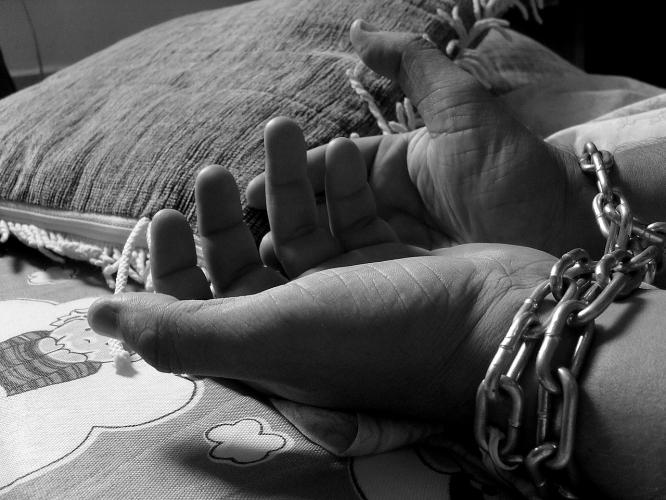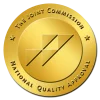One of the more serious issues that the world has been facing, and one that one is not often in the public eye, has been the subject of human trafficking. In short, human trafficking is essentially a form of modern-day slavery, where women and sometimes men are coerced or forced against their will to become involved with commercial sex acts or various types of labor. While this might seem to be more of an issue in other parts of the world, especially in poorer countries, the reality is that it also happens here within the United States.
The victims of these terrible crimes are often caught in a trap, where it is nearly impossible for them to escape, since their captors often use the threat of violence or actual violence, or hold some sort of coercive threat over their heads in order to make them comply. It truly is one of the darkest aspects of humanity, and to drive that point home, keep in mind that in North America and the European Union, there are an estimated 1.5 million victims. Worldwide the number stands at around 20.9 million victims. There is a perception among traffickers that it is a low-risk and high-reward industry, which makes it a rampant undertaking for many criminal enterprises.
Governmental task forces around the world work every year to eliminate these avenues of slavery, save women and men from the clutches of their captors and give them their lives back. However, that is just one piece of this entire puzzle: while their bodies may be free, their minds are often not. Survivors of human trafficking face a road to recovery that can be one of the most difficult hurdles to overcome in the entire process such as relearning the ways to change their thinking, address mental health issues and behavioral health issues such as anxiety, depression, addiction issues and so forth.
There is a significant need for quality mental health care facilities throughout the country to help address this issue. Studies have indicated that survivors of human trafficking have reported very high levels of PTSD, or Post-Traumatic Stress Disorder. In addition to PTSD, depression and suicidal behavior are other critical symptoms. A study completed in England showed that 43% of adults who were trafficked were victims of abuse during their childhood. 60% of trafficked adults were also the victims of abuse such as sexual assaults, domestic violence and others, both before, during and after the abuse.
Sex and human trafficking is a serious issue that continues to plague our global society. But without a strong infrastructure of support, guidance and help with the issues surrounding recovery, we will not be able to find this battle adequately. The good news is that governments are making a strong push towards solving these issues around the world; however, we still have a ways to go in terms of wiping this method of control from the earth.
If you are aware of someone who may be involved in human trafficking, or someone who is recovering from being trafficked and is suffering from various mental health issues, have them reach out to a mental health facility for an evaluation today.






